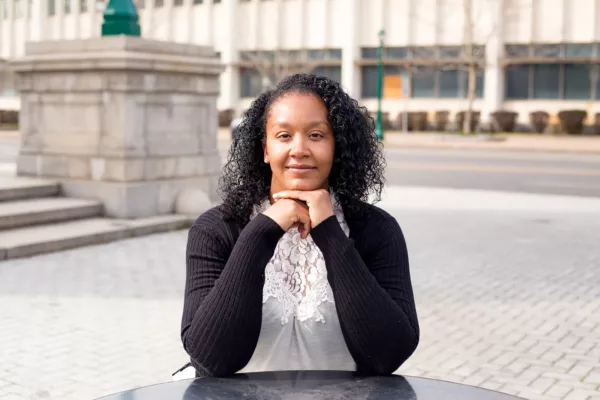Union Officials Should Live Up to Their Values
COMMENTARY BY AMBER WELCH
When I see a problem, I don’t wait for someone else to work it out. I jump in and try to solve it. I think that’s what people appreciated about me in my 10 years of serving Syracuse as a community service officer. Whether they were in trouble or just looking for information, people turned to me to help them find the law enforcement resources they needed.
Solving people’s problems brought me satisfaction every day. And it’s the same attitude I brought to the union, the Civil Service Employees Association (CSEA), that came along with city employment.
I joined the union, which represents over 200,000 New York employees, as a dues-paying member in 2011. On its website, the union lists values like “full participation,” “open communications,” and “accountability”—values that I also subscribe to. But after a few years, I noticed some things that didn’t sit right with me.
The local union leadership didn’t have much interest in listening to those they were supposed to represent. When I or my colleagues asked questions, we got dismissive, even snarky, responses. Union officials made us feel like it was presumptuous to want to know how our union was being run. Sometimes they didn’t answer our questions at all.
There was no “open communications” or “accountability” from the people who had the power to negotiate my salary, benefits, and working conditions. The union leadership was looking out for themselves, not for the rest of us. They certainly weren’t living by their values.
That was a problem for me, and I decided to do my best to solve it.
When a vacancy opened on the union leadership team, I applied for the position and was approved. Now, as a union vice president, I could directly address the issues that were being ignored.
At least, that was my hope. It didn’t last long.
The leadership team didn’t want to hear how I thought the union could improve, so they started hiding information from me. Soon, they even began holding meetings without me. This couldn’t be how a union was supposed to be run, I thought. In any case, I knew it wasn’t right.
So, I contacted our union’s headquarters in Albany, expecting some kind of support or mediation. I got none. State union officials did nothing about the local leadership’s behavior.

(Amber Welch. Photo credit: The Fairness Center.)
I’d done my best, but my goal to bring open communications and accountability back to the union had fallen flat.
I realized I couldn’t be part of a union that refused to live by its values. I decided to resign my union membership, but—even as a union vice president—I didn’t know how to do that. I emailed asking how to resign, but as usual, I was ignored.
After doing some online research, I submitted a resignation letter. The union sent back a denial saying I hadn’t included the required information but not saying what was missing. Their response also threatened that non-union members wouldn’t be represented in disciplinary matters or during any “interrogation” or meeting with my employer.
I wasn’t intimidated. I sent the same resignation information again. This time I got no response at all. Meanwhile, the city was still deducting union dues from my paycheck.
Now, I was in the same situation as the people I helped every day at work—I needed someone to help me find the resources to solve my problem.
Thankfully, I found the Fairness Center, a nonprofit law firm that offers free legal services to public employees hurt by union officials. Lawyers there helped me file a federal lawsuit to assert my First Amendment right to choose not to be in the union and not to pay dues.
A few months later, the union acknowledged my resignation, stopped taking my money, and returned dues I had paid after I had sent my first resignation letter. But it shouldn’t have taken a lawsuit to make this happen.
Though I eventually left my position entirely, I hope that my former colleagues can find a way to return the union to its values—without the need for litigation. Community service officers are vital to our community. The union has plenty of room to improve.
Amber Welch is a former community service officer for the City of Syracuse. The author’s viewpoints are their own and do not necessarily represent those of the Fairness Center.
